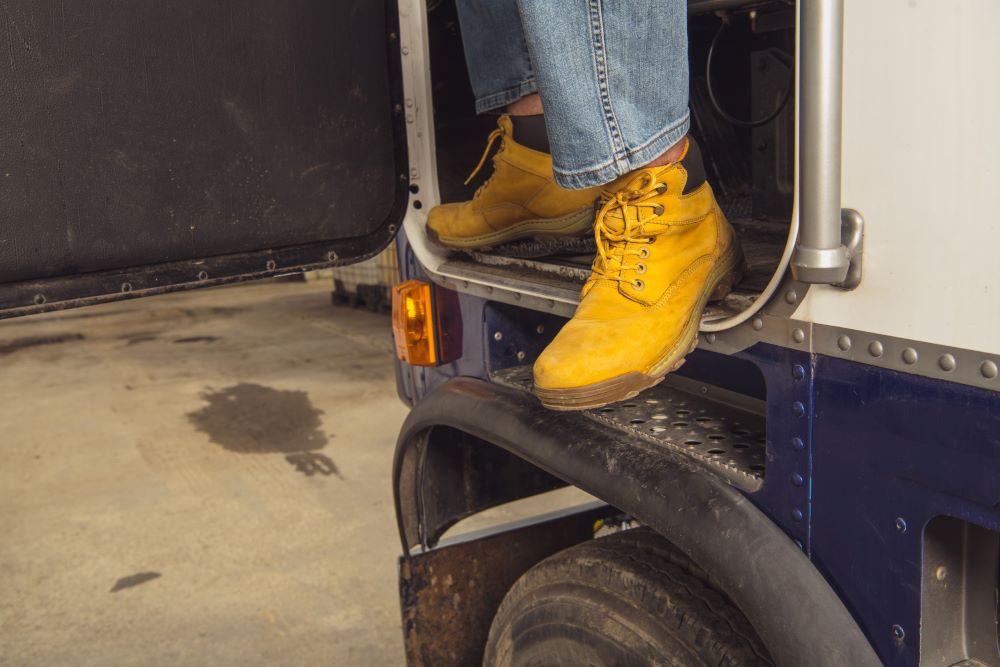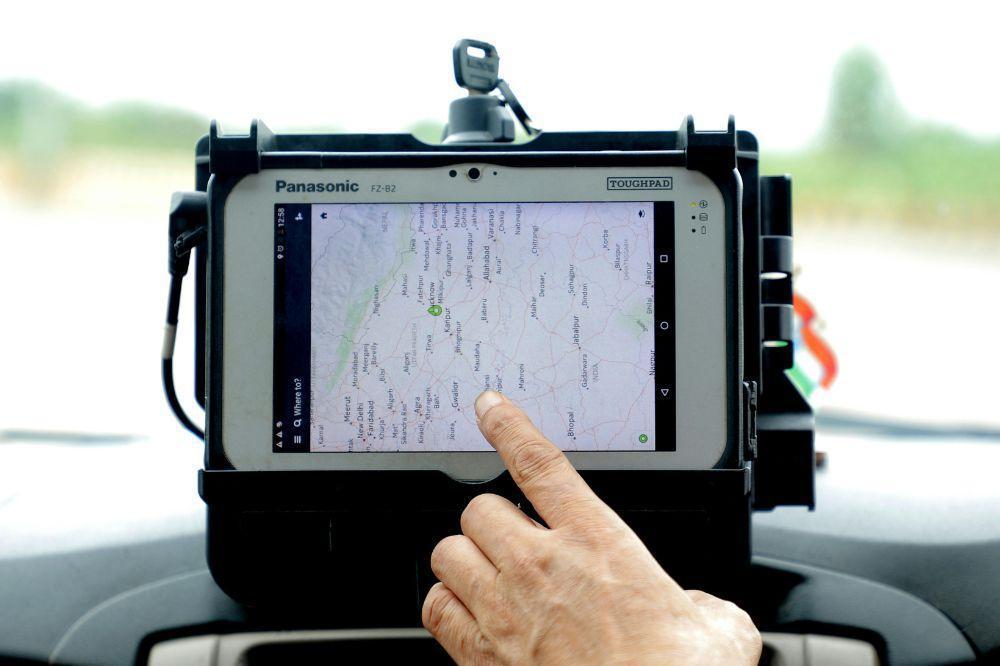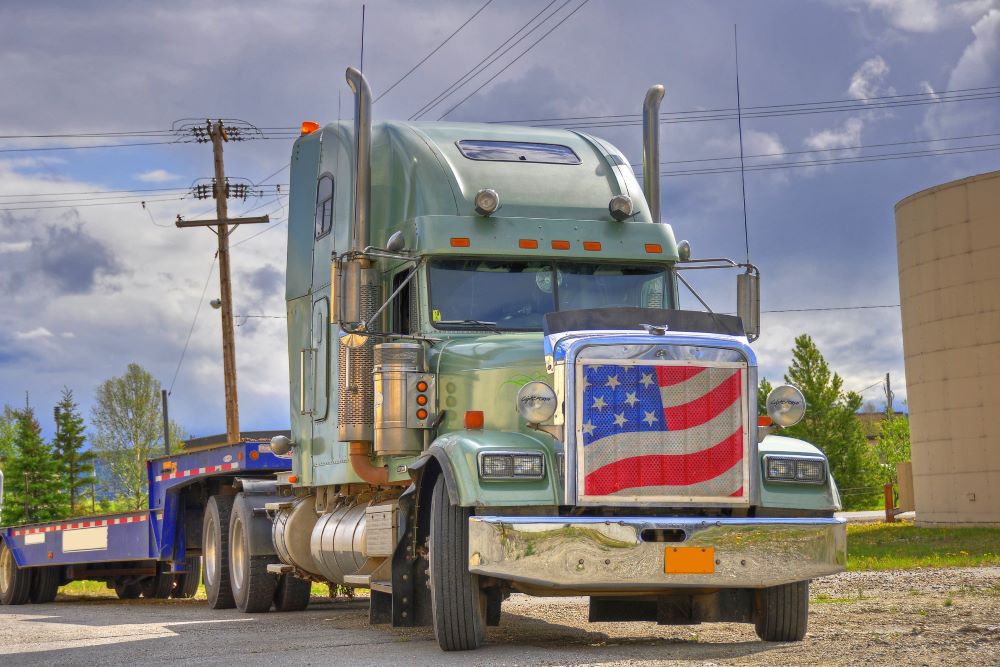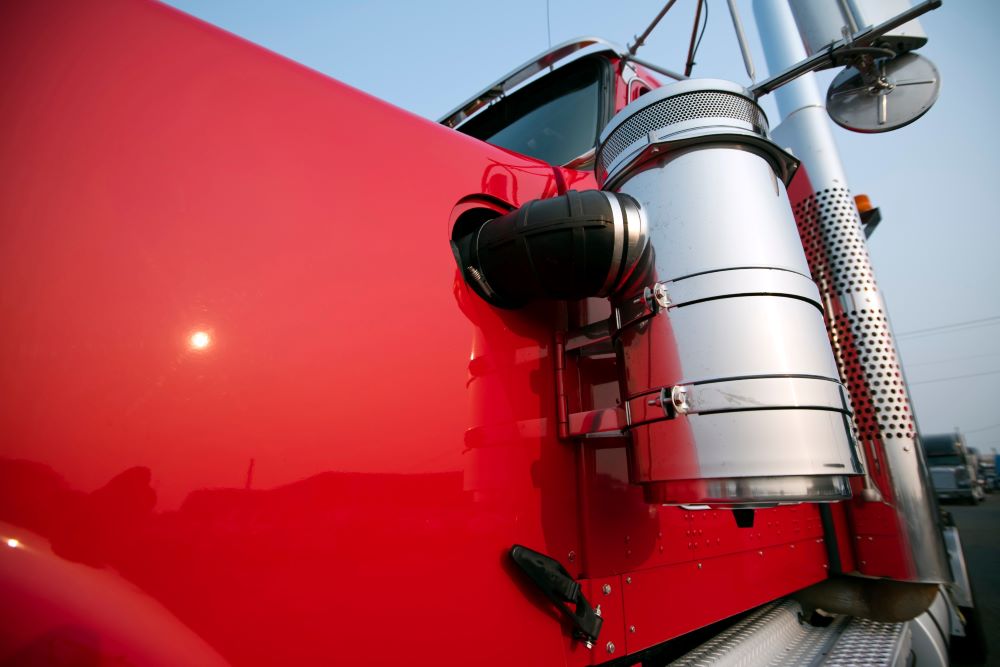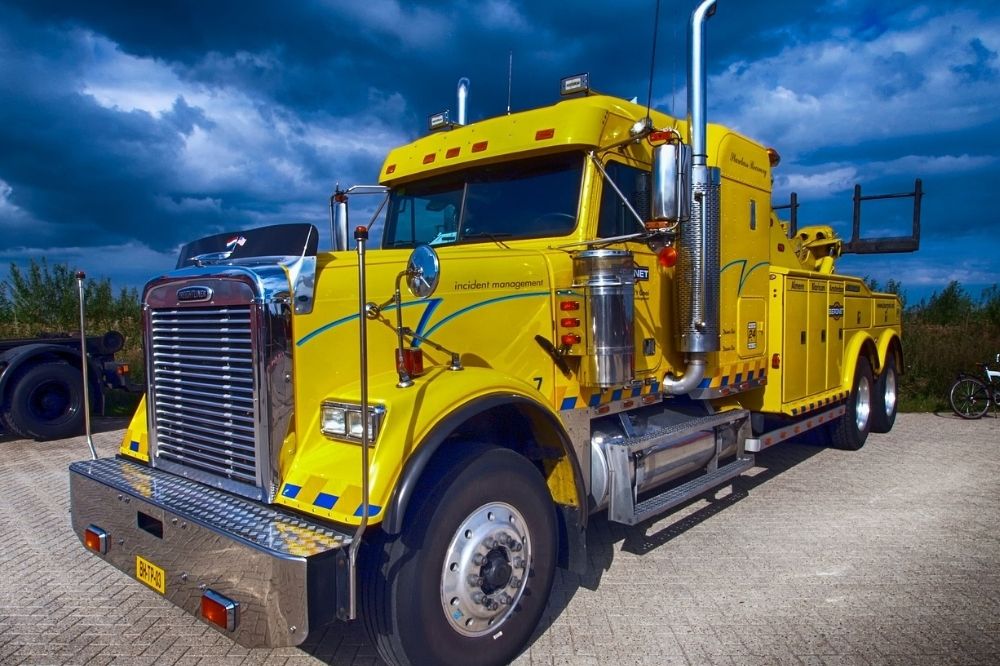A DOT Physical exam is an essential medical examination for commercial drivers to ensure they are physically and mentally fit to operate large vehicles safely.
Regulated by the Federal Motor Carrier Safety Administration (FMCSA), these exams are crucial for maintaining road safety for drivers and the public.
So what does a DOT physical consist of? In this article, we’ll explore what a DOT physical involves, who needs it, how to prepare, and what could cause a driver to fail.
What Is a DOT Physical?
A Department of Transportation (DOT) physical is a health check that ensures commercial drivers meet the physical and mental demands to operate large vehicles safely. These exams are required by law and assess your physical and mental readiness to drive a commercial motor vehicle.
DOT physicals are regulated by the Federal Motor Carrier Safety Administration (FMCSA). They help protect drivers and the public by reducing risks associated with medical issues behind the wheel. It’s about more than passing—it’s about safety for everyone.
Who Needs a DOT Physical Exam?
You need a DOT physical exam if you:
- Passenger Transport: If your vehicle is designed to carry more than 15 passengers, or if you’re paid to transport 15 or more passengers, a DOT physical ensures you can safely manage the added responsibility of passenger safety.
- Heavy Vehicles: Drivers of vehicles with a gross vehicle weight rating (GVWR) or gross combination weight rating (GCWR) exceeding 10,000 pounds in interstate commerce must be medically certified to handle the challenges of operating such large and heavy machinery.
- Hazardous Materials: If you transport hazardous materials requiring placarding under federal regulations, a DOT physical ensures you are medically qualified to handle the additional risks associated with hazardous cargo.

What Does This Exam Consist Of?
A DOT physical exam consists of thorough health evaluations to confirm a driver’s fitness for operating commercial vehicles safely. A certified medical examiner will review your medical history and conduct several assessments, including:
- Physical Examination: Your height, weight, blood pressure, and pulse will be measured, and blood sugar levels may be checked. The examiner will assess your general physical condition, looking for any conditions that might impair your driving ability.
- Vision Test: Drivers must have at least 20/40 vision in each eye, with or without corrective lenses. Peripheral vision is also evaluated to ensure you can monitor your surroundings effectively.
- Hearing Test: The ability to detect a forced whisper at 5 feet, with or without a hearing aid, is required. This ensures drivers can respond to important auditory cues.
- Urine Test: Urinalysis screens for illegal substances and can reveal conditions like diabetes or kidney issues that might need further attention.
- Blood Pressure Check: Blood pressure must meet FMCSA standards. Untreated or poorly controlled hypertension could result in disqualification or shorter certification periods.
- Additional Tests: Depending on your medical history or symptoms, the examiner might suggest specialized tests, such as an EKG to monitor heart function or sleep apnea testing for those at risk of fatigue-related conditions.
These evaluations collectively ensure drivers can meet the physical and mental demands of commercial driving, prioritizing safety for both drivers and others on the road.

How Do I Prepare for a DOT Physical?
Before your scheduled DOT medical exam, you can prepare by gathering all the required documentation and improving your health in different ways. A few steps to take include:
- Compile your medical history. This includes detailed medical records about any health problems, your past diagnoses, surgeries or procedures, and any medications you might be taking. You can access your medical data through electronic health records. Or, by calling your primary healthcare provider and requesting the info.
- Prepare Documentation: Gather the necessary forms and documentation in good time. Download the medical examination report forms from the Department of Transportation website, and complete the health history section before your appointment.
- Avoid Heavy Drinking and Substance Abuse: Alcohol and drug use can impact your test results, particularly in the urine screen and overall health evaluation. Abstain well in advance of your appointment to ensure compliance.
- Stay Hydrated: Proper hydration is essential for the urine test. Drinking sufficient water before your exam helps ensure accurate results and can prevent delays caused by dehydration.
- Watch Your Diet: Avoid salty, sugary, or processed foods that can elevate your blood pressure or blood sugar levels. Opt for balanced meals rich in fruits, vegetables, lean proteins, and whole grains in the days leading up to your test.
- Maintain a Healthy Weight: Obesity can contribute to conditions like hypertension and sleep apnea, which may affect your exam results. Regular exercise and a nutritious diet can help manage weight and improve overall health.
- Prioritize Sleep: Lack of sleep can elevate stress, blood pressure, and other markers that may negatively impact your test. Aim for at least 7-8 hours of quality sleep the night before your appointment to feel rested and prepared.
What Will Make You Fail a DOT Physical?
The Federal Motor Carrier Safety Administration (FMCSA) has clear guidelines for medical conditions and scenarios that can disqualify someone from passing a DOT physical. Authorities refer to these conditions as DOT disqualifying medical conditions. They are in place to ensure drivers can safely operate commercial vehicles without posing risks to themselves or others. Common disqualifying conditions include:
- Loss of Consciousness: Any medical issue, such as epilepsy or uncontrolled diabetes, that could cause fainting, seizures, or sudden incapacitation while driving is a serious safety risk.
- Inadequate Vision or Hearing: Commercial drivers must meet minimum vision (20/40 acuity) and hearing requirements. Conditions like severe cataracts, untreated glaucoma, or significant hearing loss may result in disqualification unless corrected.
- Compromised Nervous System: Neurological disorders like Parkinson’s disease, multiple sclerosis, or strokes can impair motor skills and reaction times, making it unsafe to drive.
- Physical Limitations: Conditions such as severe arthritis, amputation (without proper prosthetics), or mobility issues that hinder your ability to steer, brake, or respond quickly in emergencies may lead to disqualification.

Common DOT-disqualifying medical conditions
- Uncontrolled high blood pressure. High blood pressure exceeding levels specified by the DOT can lead to medical emergencies that may occur when you’re on the road, placing you at risk of causing fatal road accidents.
- Severe respiratory issues. The same is true for certain respiratory diseases. Say you’re receiving oxygen therapy. This is disqualifying due to the risk of the oxygen equipment malfunctioning or exploding on the road.
- Vision and hearing issues that can’t be corrected. Commercial drivers unable to meet the minimum visual acuity and hearing requirements will likely find it challenging to distinguish the colors of traffic signals or respond to changing road situations.
- Uncontrolled Diabetes and other chronic conditions. Severe diabetes and other chronic illnesses can lead to loss of consciousness, compromising your safety on the road. However, you can pass the tests if you have stable insulin regimens and the situation is controllable. If this is the case, you’ll have to get your treating clinician to fill in the new dot physical Form MCSA – 5870 and take it to your medical examiner with your recent Hemoglobin AIC tests.
- Alcohol and drug use. Drugs and alcohol induce drowsiness. They might make you lose focus and sleep behind the wheel. You need to pass the drug test to confirm you can stay alert and keep your eyes on the road, especially when hauling goods over long distances.
What Happens After the DOT Physical?
After the DOT physical, your licensed medical examiner will give you the DOT physical exam results and explain the next steps.
You may have to visit other trained medical personnel for further testing, specialized treatment, or paperwork if there’s a medical issue, like obstructive sleep apnea or very high blood pressure, that needs attention. In such a scenario, you’ll qualify for your medical examiner’s certificate once the issue is treated.

In other cases, you’ll get disqualified and fail to receive medical clearance to continue driving. You can, however, seek re-certification after some time if you resolve the DOT-disqualifying medical condition, or apply for an exemption from FMCSA. Your provider will explain everything you need to know and answer any questions if this happens.
On average, the law requires you to get a DOT physical after every 2 years to remain qualified to operate commercial motor vehicles. But if your medical history reveals a manageable health condition, you’ll need to take the tests more frequently to stay on the road.
Conclusion
A DOT physical examination can be stressful because the outcome can affect your trucking career. But remember, the entire process is mandatory to promote your health and overall road safety.
It’s essential to stay updated on your state’s medical requirements if you’re an intrastate truck driver, as these often differ from federal regulations and may change from time to time.
If you’ve passed your physical exam and are looking to purchase your first truck to begin your career as an owner-operator, reach out to us. We provide customized commercial vehicle loans and can help you get started on the right financial footing.





